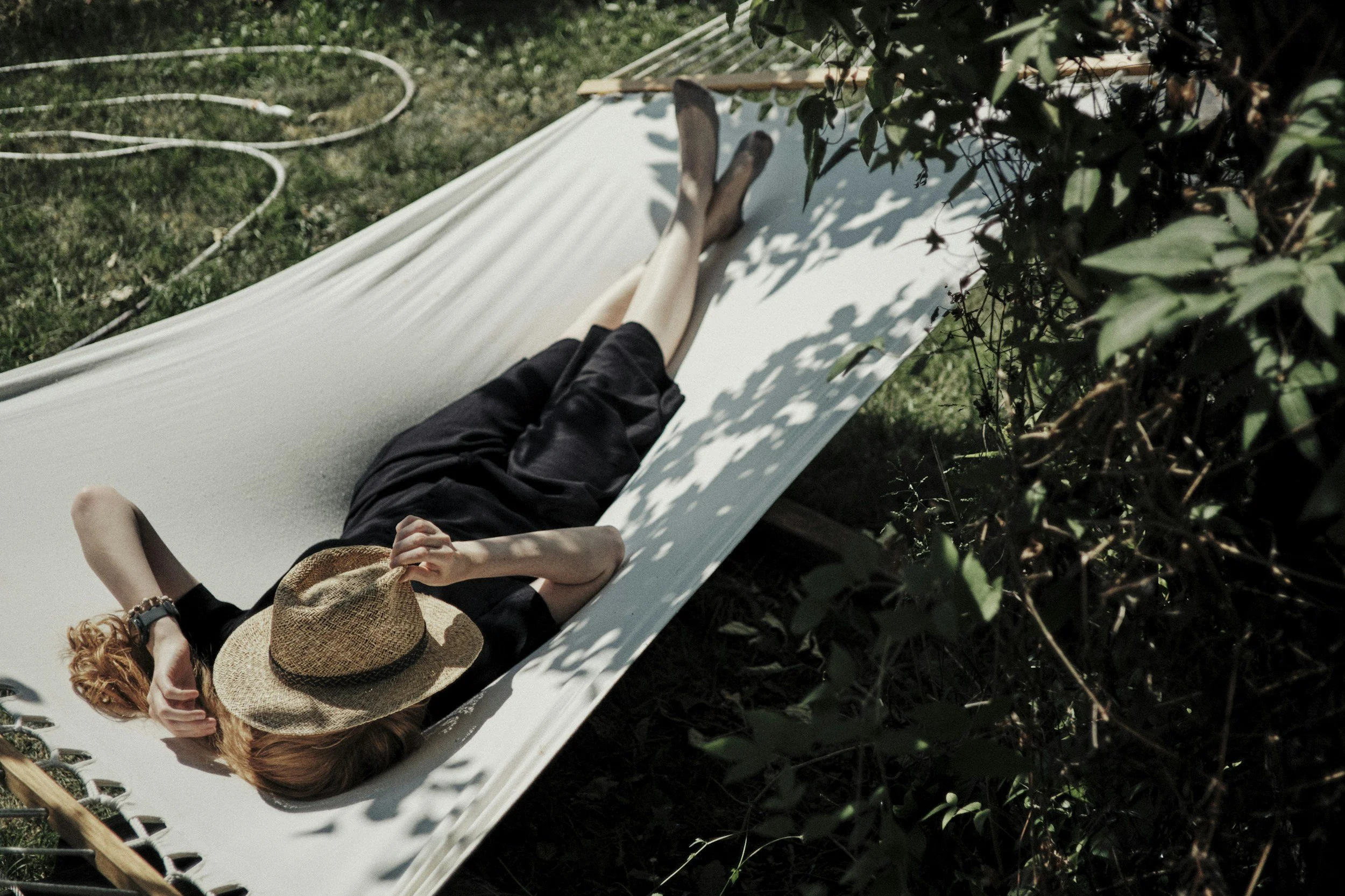
On rest
We have almost all dealt with pain of some kind. Rest can be a useful strategy for a period, however a return to movement and daily activities is of the utmost importance. A high-quality coach can be the right place to start in order to get the greatest return on your movement investment.

Greater than the Sum of Your Parts
All movement requires an interplay of tissues, joints and motivations to develop a shape that is conducive to our aim in a given moment. Attempting to isolate an area in hopes of changing a systemic movement strategy could result in the desired outcome, however the probability is lower than if we targeted the body as a whole. Every client requires an individualized program, and that makes all the difference.
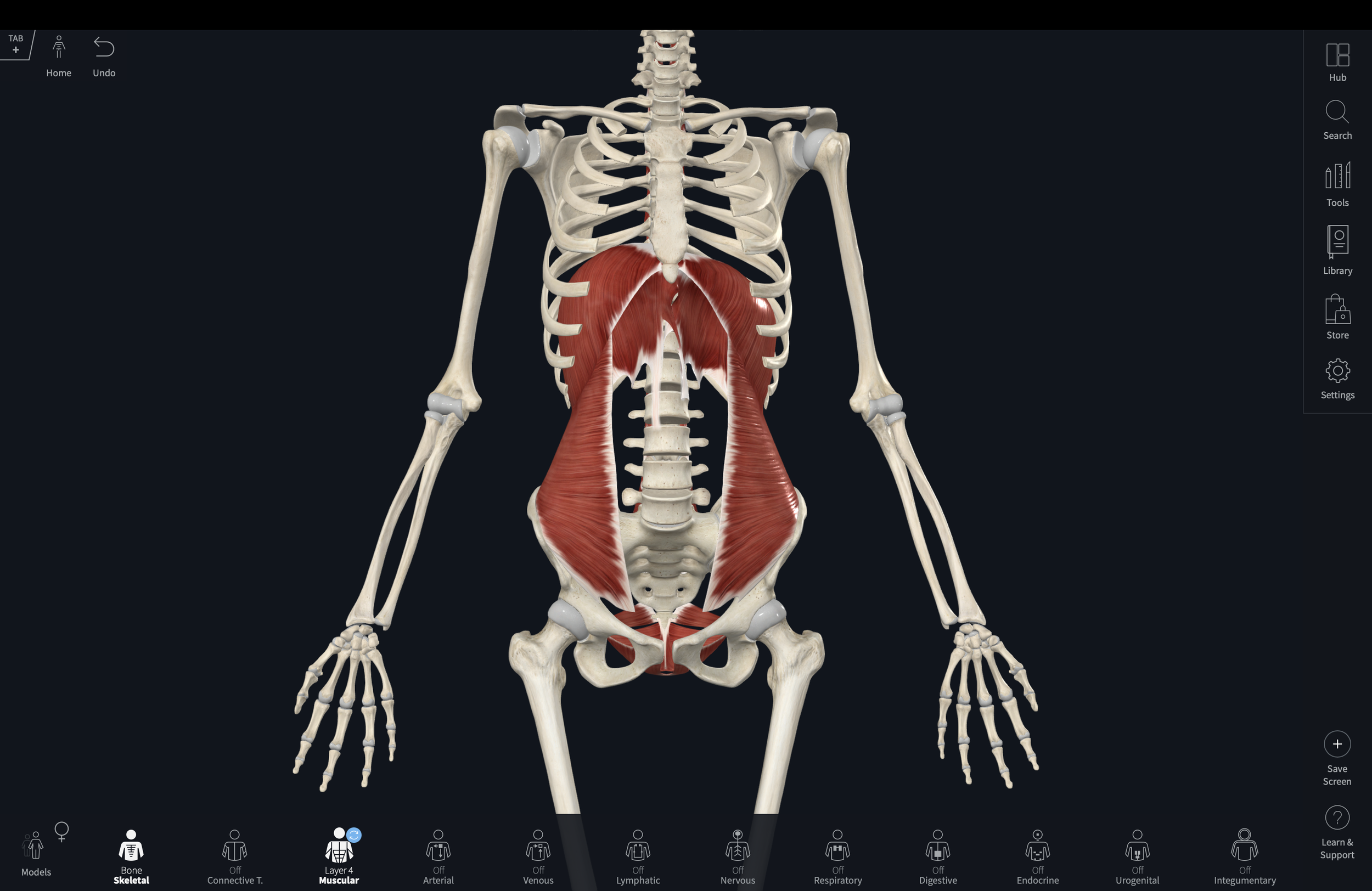
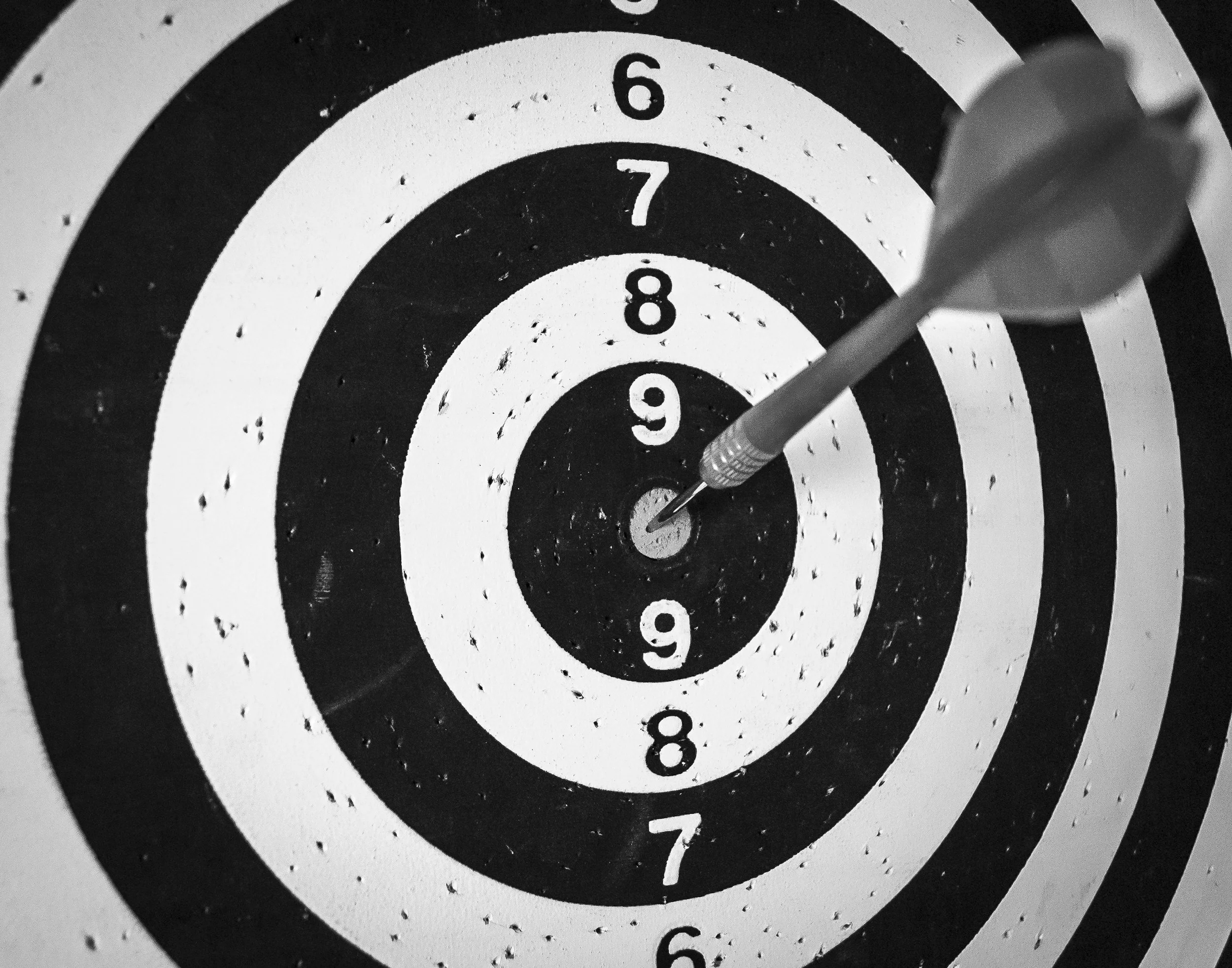
Dry Needling
Dry needling is another tool in a manual therapist’s repertoire. It can be useful in some cases, and the evidence for it is growing. The important thing to remember is that without an active use of the changes attained, default movement patterns most likely return.
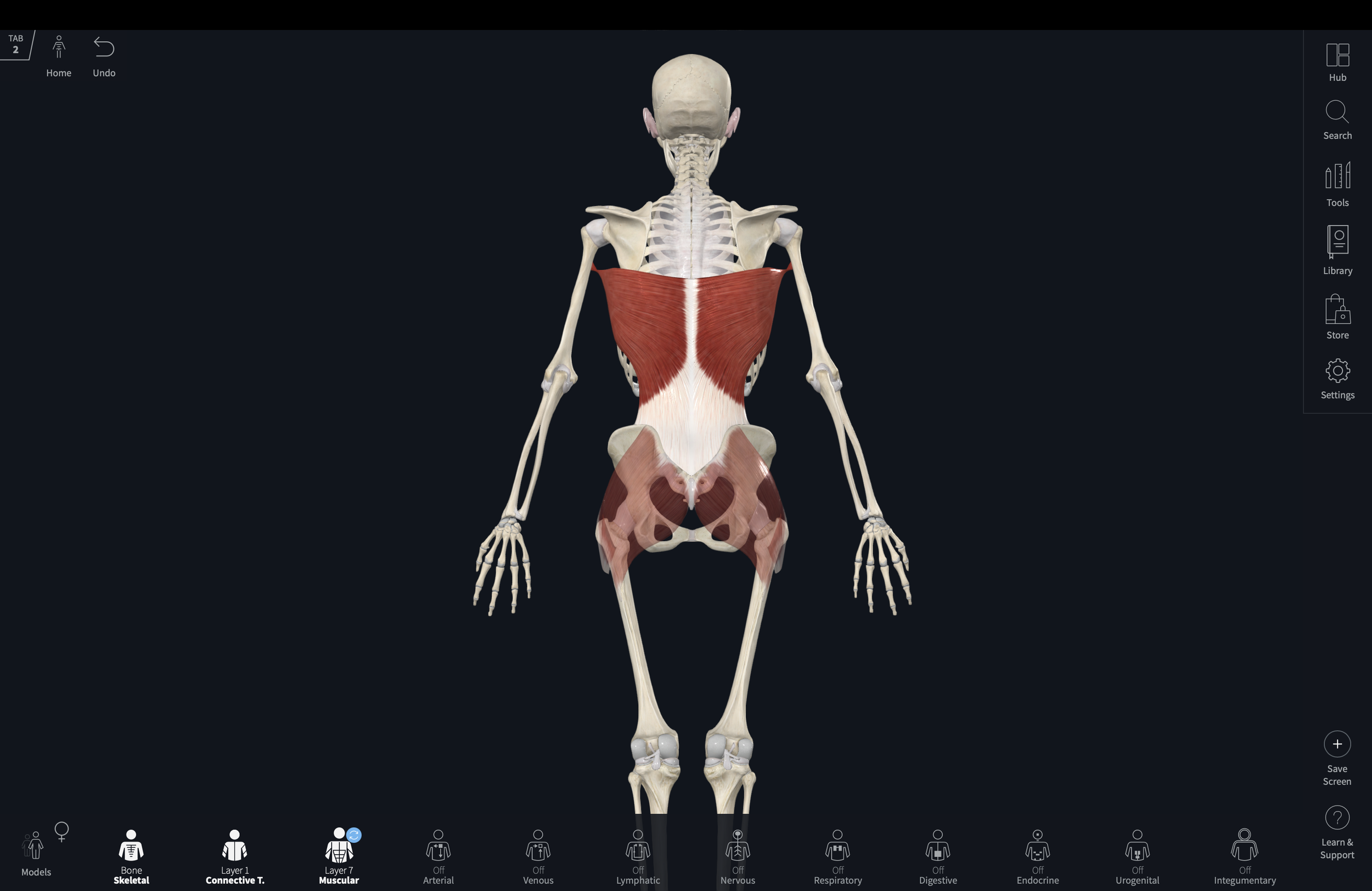
The SI Joint
The SI joint is built to withstand heavy loads and does not tend to have a great degree of mobility right out of the gate. It can be a source of pain or immobility in the right circumstances and the way we approach our training programs influences these symptoms.

Removing Constraints
Movement is fundamental to our health; we need it to maintain tissue quality and all aspects of life require some form of motion. Finding ways to continually challenge our different physical characteristics is one way to promote healthy tissues. This involves removing previous held beliefs or altering our patterns.

Stagnation
We were made to move, that’s why we have all of the joints we have, and down to their microscopic structure it becomes very evident that stagnant states do not survive.

The Rotator Cuff
The rotator cuff is an area of intense interest for those with shoulder problems, and those four muscles do play a large role in mobility of the arm. The mechanics may go deeper than any of us actually realize, but with some degree of certainty, it goes well beyond simply making those muscles larger via isolated exercises. The body is a vastly interconnected network, if we can alter some pathways it may allow for more desirable capabilities.

Scar Tissue
Scar tissue is a normal aspect of healing, it will most likely forever change the dynamics of the area, but not necessarily in a limiting way. The scar typically is less capable than the original, but nearby tissues can respond to those changes by increasing their capabilities to make up for the injured area.
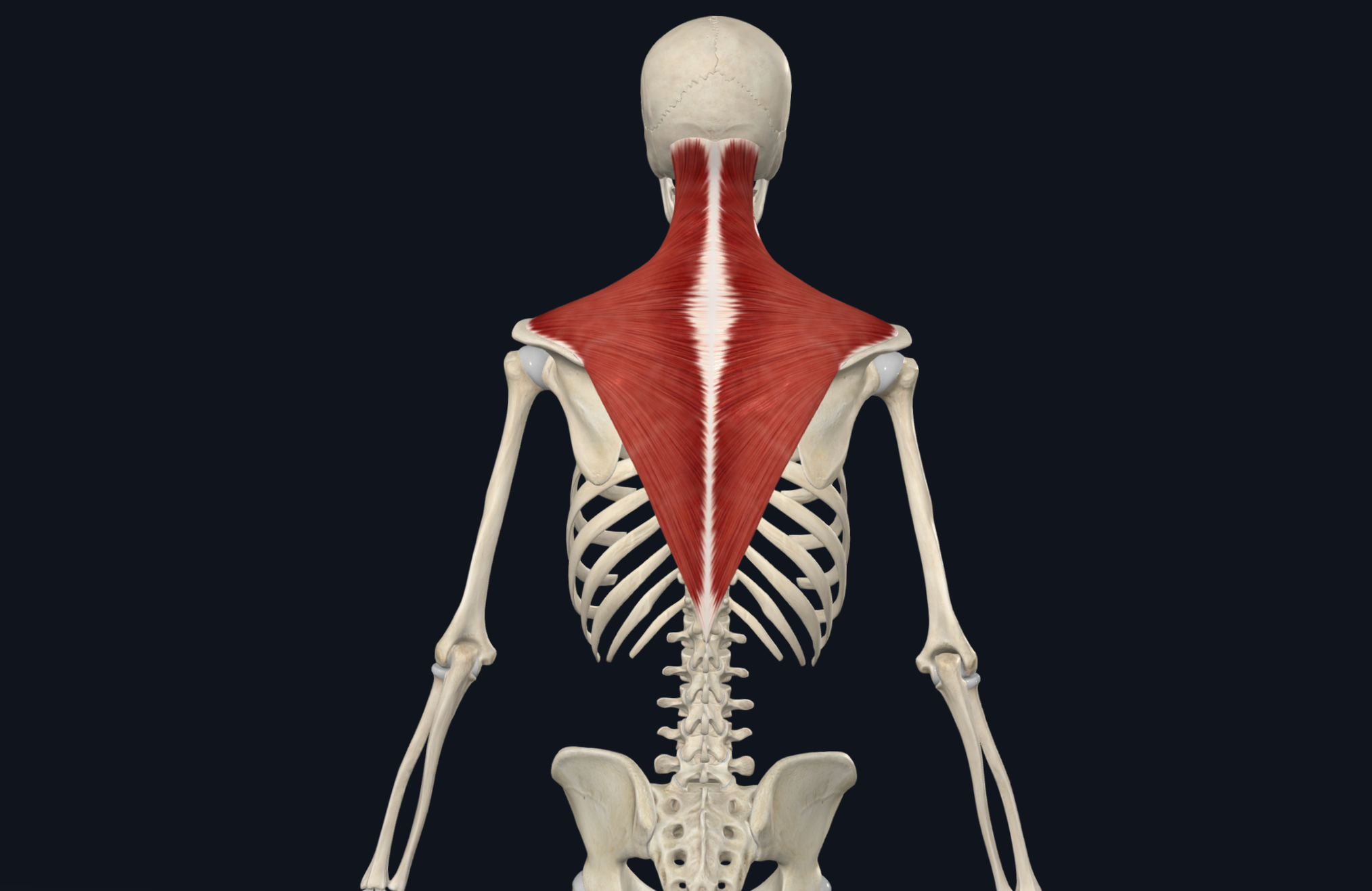
Atlas Shrugged
Shrugging during an upper body exercise is a common compensation that is recognized by most movement specialists as a weakness issue. Typically associated with rotator cuff deficits, the shrugging motion is created to elevate the arm when there is a significant tear in the cuff. That compensation is also noted when there is no known rotator cuff pathology, however the same thought process is applied and may be underappreciating the complexity of the issue at hand.

Homework
Homework is important, it provides the necessary input to make changes in how you move. Consistency is crucial, however there are times when it just doesn’t get done and that’s okay. We all have busy lives, sometimes homework gets put on the back burner. When that happens, it is an opportunity to re-evaluate the assignment and find something more useful. Something that meets you where you are and teaches you what you want to learn.

Perfection
Perfect doesn’t exist. All too often we seek the perfect exercise, or the right way to move to get the perfect outcome with the unfortunate realization that it is always out of reach. Attempting to better yourself and learning how to move differently is a worthwhile cause that may improve your capabilities, but perfection will remain elusive.


Plantar Fasciitis
Plantar fasciitis, like many other movement related issues, can often be due to a global movement strategy placing focal pressures on one tissue. Altering how we move systemically can pay huge dividends in removing those pressures and restoring tissue health. Finding those alterations is where a good coach comes in.

Process
A consistent process provides a reliable environment for learning and growth. It allows for the development of data collection and then the reflection on that data to make better decisions going forward. As a physical therapist I operate with a process-oriented approach to address patient’s issues week in and week out. My patients will tell you that they also have a process, one that requires the application of effort in order to move differently and get where they want to be.

Unilateral Exercise
During unilateral activities, like a lunge per se, we mimic the mechanics involved in walking more effectively. The lead leg is absorbing most of the force from the ground, while the trailing leg is pushing off. This asymmetry might, in fact, create a rotational element through the entire body. That rotation could be what keeps tissues healthier and more adaptable over the long-term.

A Wrinkle in Time
Wrinkles happen to all of us given enough time. Aside from our notions about them aesthetically, they pose no harm. We develop them as our movement tendencies evolve throughout our life. As a physical therapist they provide me with evidence for how a patient may be getting around and how I may be able to solve their movement-related issue.

If the Tail Wags the Dog
Traditionally we look at different aspects of anatomy from a myopic point of view and reduce each segment as much as possible to learn of its role in the system. There are times when we zoom back out and look at the forest for the trees, and when this happens we have the opportunity to see how small changes can make big impacts. This is where we can see if it happens to be the case that the tail may be wagging the dog.

Lats
Lats are often one of the primary targets when performing back work at the gym and for understandable reasons, they look great in the mirror. Just like with almost anything else, training yourself to do something comes at the expense of something. In this scenario, larger and more active lat muscles reduce motion at the thorax and the arms due to greater trained stiffness.
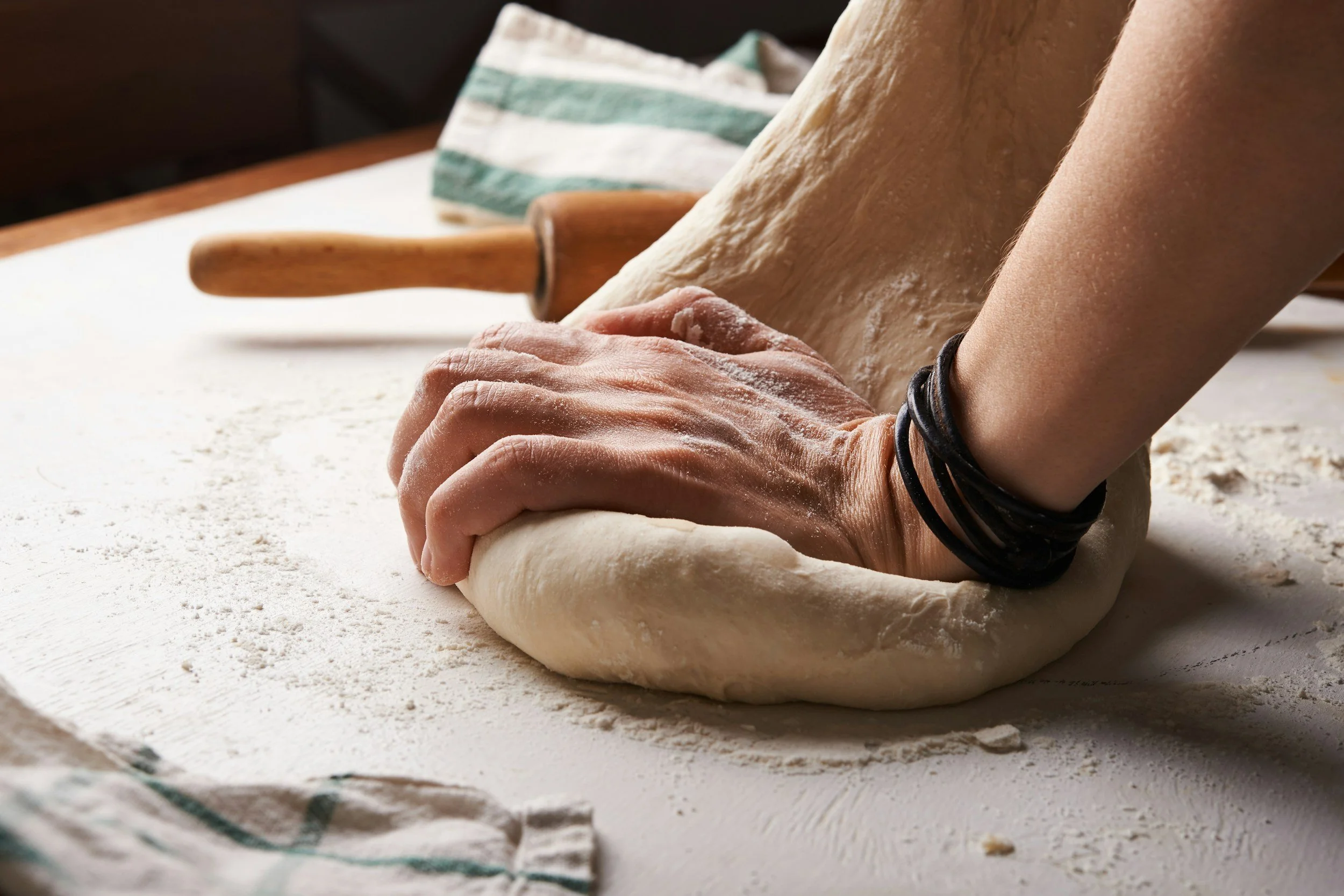
Sourdough
Imagine that dough for a minute. If you poke it once with firm pressure there is an indentation, but once you release your pressure the dough returns to its original shape. However, leave that pressure in place for an hour, and the dough molds itself around your finger and there is a new shape that wasn’t there initially. The elastic nature of the dough stored the information from the pressure and managed it by changing its shape. Collagen does the exact same thing.

